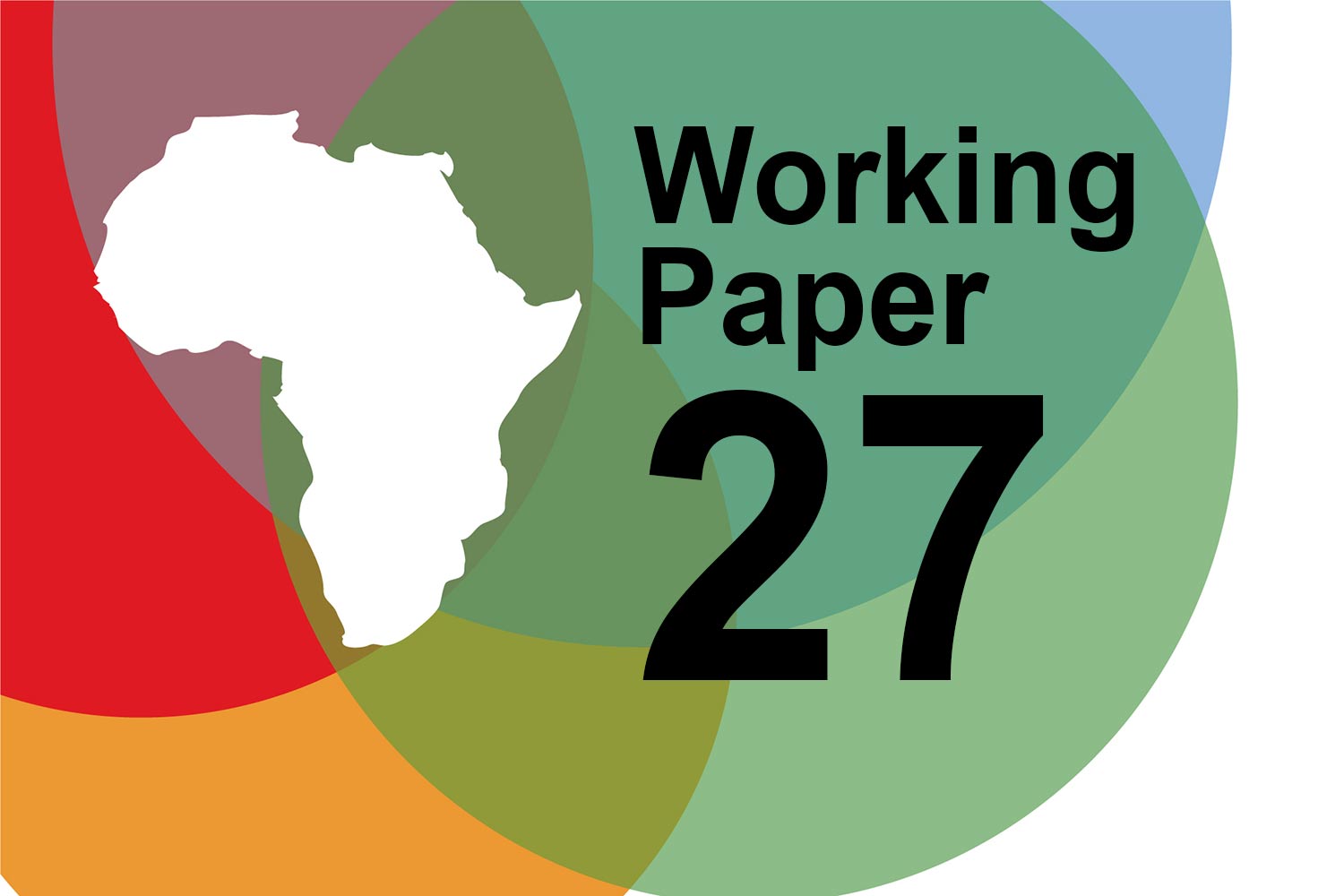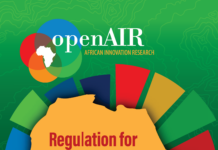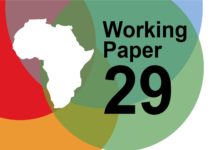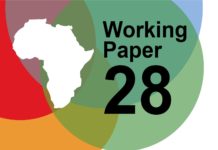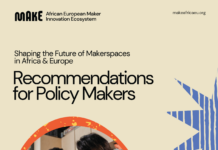
Authored by: Caroline B. Ncube, Jeremy de Beer
Abstract: This Open AIR Working Paper 27 explores the regulatory role of trade agencies and institutions, such as the African Continental Free Trade Area (AfCFTA), in supporting innovation for sustainable, inclusive economies. The paper explores the interactions among different types of trade agreements (global, regional, bilateral) and assesses the mechanisms and capacities essential for ensuring that global and African continental economic governance supports Sustainable Development Goals. In this exploration, two key areas are identified and connected as emerging issues in international trade. First, inclusion in the 21st century economy requires inclusion in the digital economy. This paper scopes out research questions related to international digital trade, global e-commerce, and the regulation of cross-border data flows. Second, sustainable economies require widespread diffusion of clean, i.e., low greenhouse gas-emitting, technologies. Thus, this paper also addresses questions around regulatory regimes that promote or hinder innovations towards greener economies and low-carbon production and consumption. We identify the digitisation of genetic resources, from food crops to viruses, as a common denominator across frameworks governing both digital trade and clean technology. Connecting issues of digital and ecological innovation provides paths for future research into how trade rules contribute to sustainable, inclusive economies.
Click here for the Working Paper
(PDF format 621 KB)

